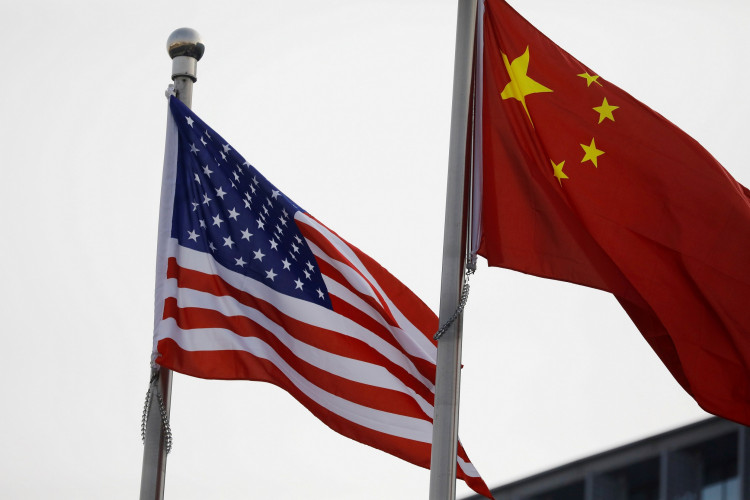The U.S. and China's agreements and joint statements helped the historic Paris Agreement become law in 2015. However, China halted all bilateral talks in August when U.S. House of Representatives Speaker Nancy Pelosi visited Taiwan, a self-governing island that China also claims.
Another round of international climate discussions, known as COP27, is scheduled to take place in Sharm El-Sheikh, Egypt, with the participation of close to 200 nations, but the gathering has the potential to be overshadowed by diplomatic tensions between the two largest producers of greenhouse gases.
Climate diplomacy between China and the United States cannot be divorced from more general political issues between the two countries, and Washington must take responsibility for the collapse in negotiations, according to China's foreign ministry.
"China and the United States previously developed good cooperation in the area of climate change, working together to get the Paris Agreement reached and brought into effect," a foreign ministry spokesperson said.
The spokesperson continued, "at the same time, China-U.S. climate cooperation cannot be separated from the broad climate of bilateral ties," The spokesperson pointed out that China was forced to halt the negotiations because of Pelosi's "serious breach of Chinese sovereignty" in Taiwan. "The United States side must take responsibility for this."
Hopes were already low before COP27 due to global worries about the energy supply caused by Russia's invasion of Ukraine, but experts noted that the deteriorating China-US relationship has further lowered those expectations. China is "willing to communicate and coordinate with all parties" to ensure the success of COP27, the spokeswoman said, adding that China has not ceased collaboration with other nations and would continue to support the global climate negotiating process.
"The U.S.-China collaboration on climate commitments is something that has really helped in the past," Frank Jotzo, director of the Centre for Climate and Energy Policy at Australian National University, said. "It just doesn't exist any longer, and there's really not much prospect of it reappearing," he added.
Conference of the Parties, or COP, refers to the nations that joined the UN's first climate pact in 1992. More than 200 government leaders have been invited to participate this time. The most recent round of United Nations climate change negotiations will take place in the beachfront Egyptian town of Sharm el-Sheikh, where world leaders and important business players will travel.
Given the last year's string of disastrous events, record-breaking temperatures, and a disruptive major regional conflict, it is expected to be one of the most intense and contentious annual conferences yet.





